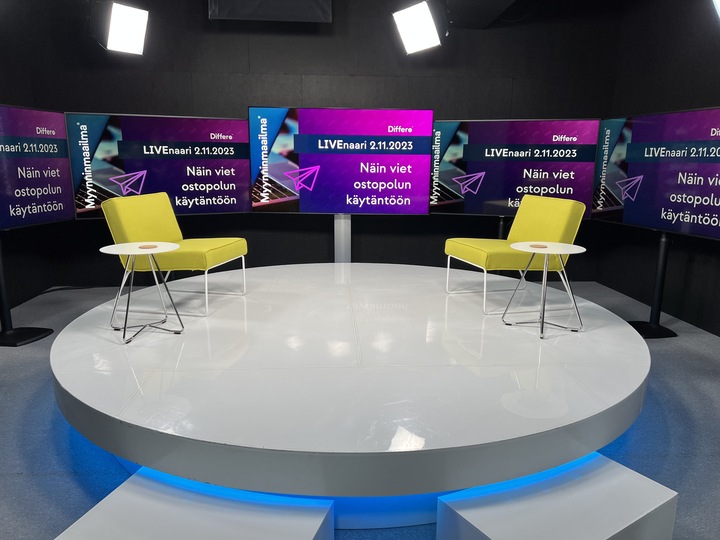A blog gives you the opportunity to bring your expertise to the table. For your target audience, your blog will give an opportunity to get to know you and your thoughts better before a meeting, a negotiation or an event. Best of all, blogs will help your target group to find you and your expertise online.
In the search engine era, text still is a very effective form of content. Although the importance of videos and images is rising at a fast pace, it will take a moment before search engines read images as effectively as texts. Blogs still generate most of the organic search engine traffic to B2B and B2C websites.
Here are some tips for to get started with an expert blog:
1. Think about the target group you write to. What are their motives?
Consider the motives of your target group. Why are they interested in you and your business? What is the challenge you solve with your expertise? What kind of prejudices can your target group have on the topic you represent?
Example: I am writing this blog for an experienced researcher who has not written blogs before. He or she is a good speaker and possibly producing scientific text - maybe even writing a book - but blogging is new. She or he is thinking about where to start and may wonder whether the time spent on blogging really benefits.
2. “Only 1 topic to 1 blog”
Even though you have a lot to say about your wide range of expertise, you need to focus. Pick one thing that is interesting to your target group. List your other ideas and return to them later.
When you think about the topics, one effective way is to list the questions you have received from your network, customers, or other stakeholders recently. What have they been interested about? What has been discussed? Pick the best topics for blog posts.
Don't be afraid to write about topics that may seem “too simple” for you. While the subject would be easy for you, it can provide valuable information to many.
The length of the blog is good to keep in 1800-5000 characters. Use subtitles and lists. Odd number lists work well! You can also boldly raise your favorite part of the text as a quote.

3. Pay attention to SEO and share your blog
SEO or Search Engine Optimization is important for your blog’s visibility. Think about the wordings and the terms your target group uses when they approach you via email, phone or any channel. What’s the question they ask? Use the same wording in your text.

Use language that your target group can easily identify with. If they are top-level professionals, don't hesitate to use professional terms. If you know that your audience uses simple language, you need to make it simple too.
Once you have published your blog, you must spread the word about it. Share your blog on the same channels your target audience likes to follow. You can share a good blog several times on social media with different key messages. Email is also a good distribution channel!
When sharing your blog in social media, use hashtags that most likely your target audience follows. Three hashtags per one post is a reader-friendly and good amount.
Hopefully these tips will help you. I wish you good luck for blogging!






